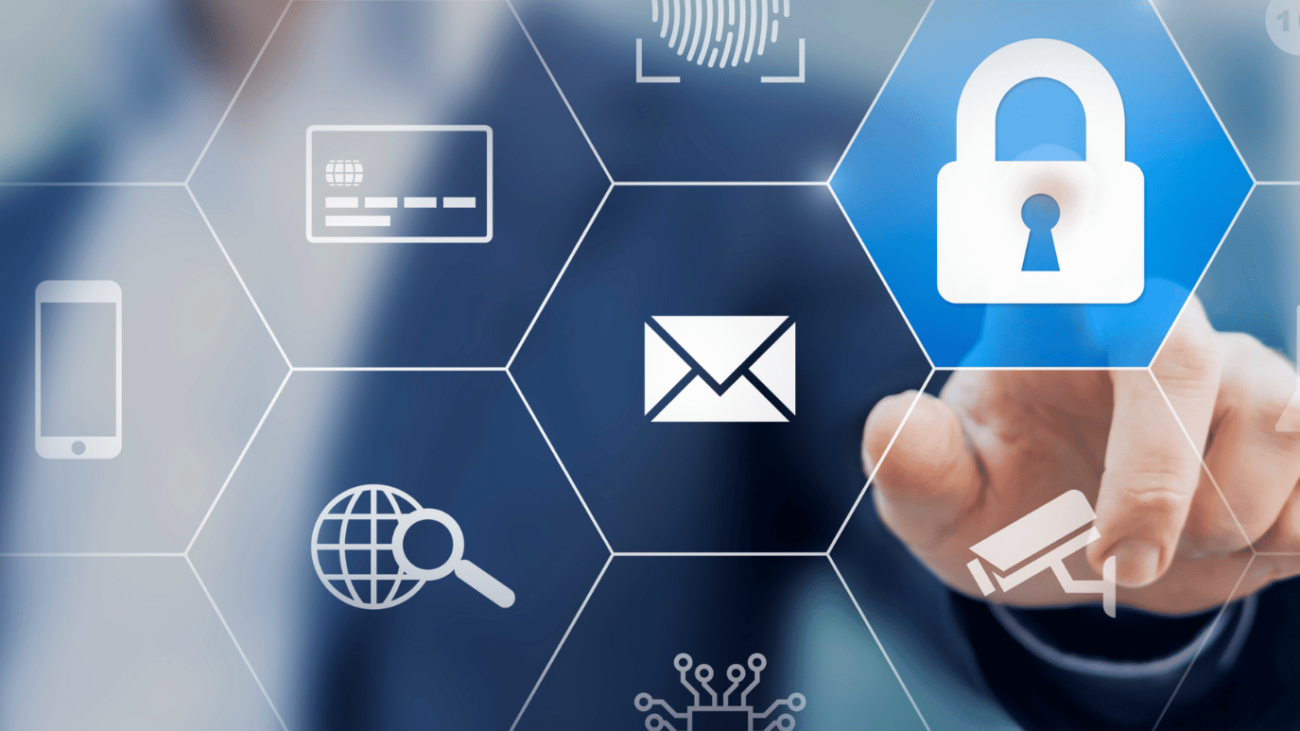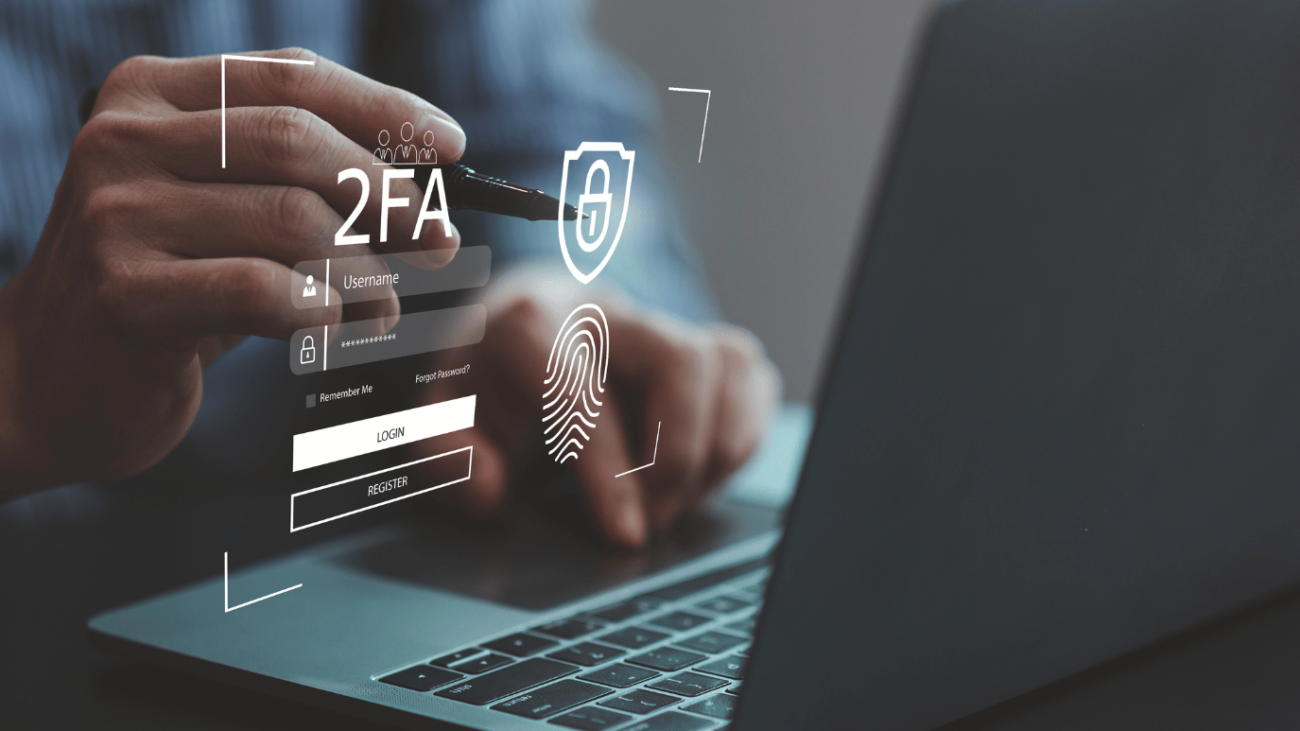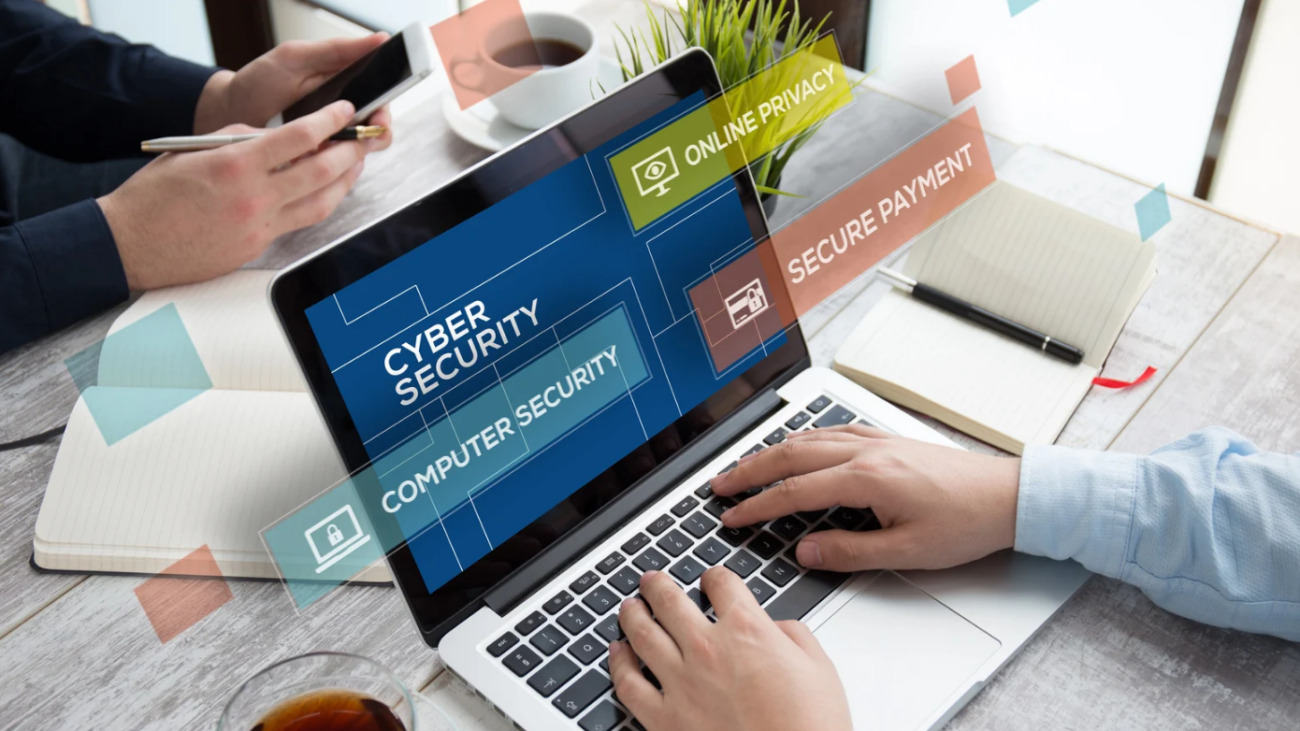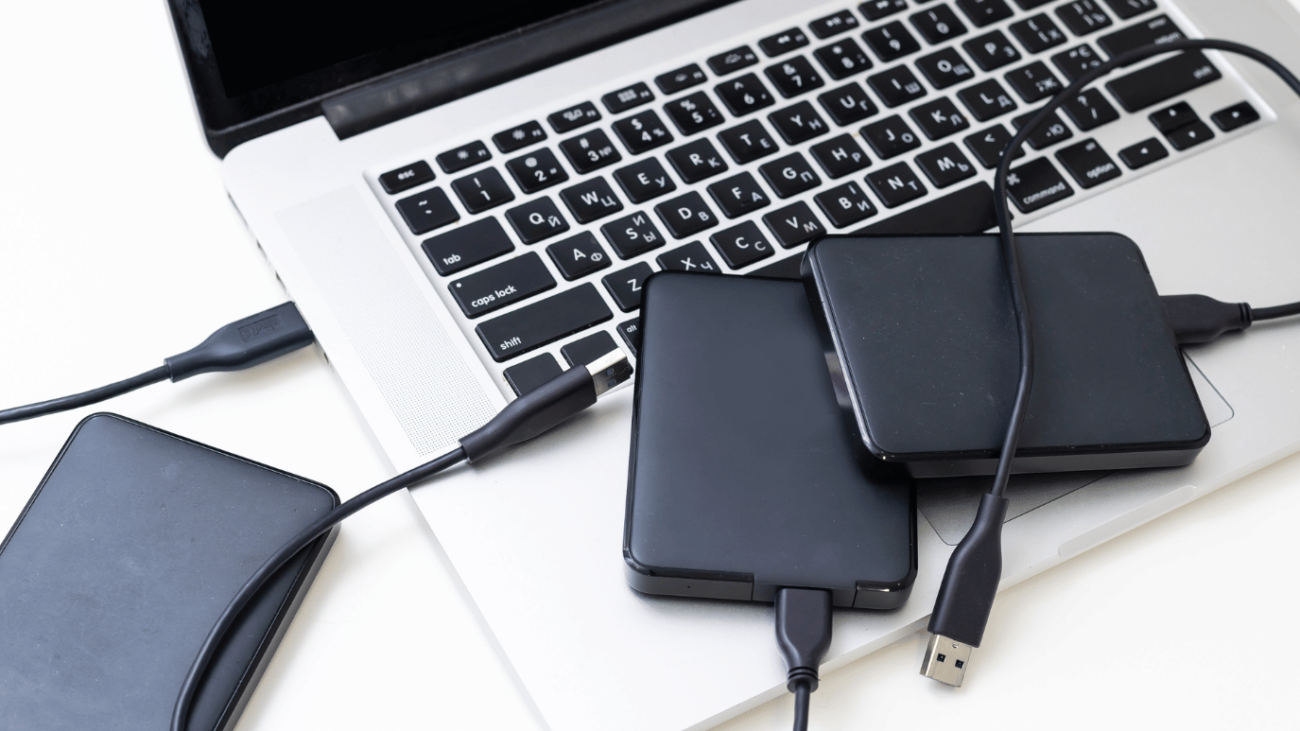Your email account is a critical gateway to your online world and should be among your most secure accounts. Here’s why: if a hacker gains access to your email, they can potentially compromise all your other online accounts.
For instance, if they target your social media accounts, they don’t need your passwords. They simply use the “Forgot Password” feature, which sends a password reset link to your email. With access to your email, the hacker can reset your social media passwords and take control of your accounts. Their next step is often to change the email address associated with your social media profiles to one they control. This action triggers a verification email to your address, which they can approve because they already have access to it. Once completed, the hacker can lock you out of your accounts, making unauthorized posts or using them maliciously.
This vulnerability applies to all online accounts where email is used for password resets. To safeguard your email:
1. Use a strong, long, unique password.
2. Enable Two-Factor Authentication (2FA), which requires both your password and a unique 2FA code to access your account.
By implementing these security measures, you can significantly reduce the risk of unauthorized access to your email and other online accounts.





